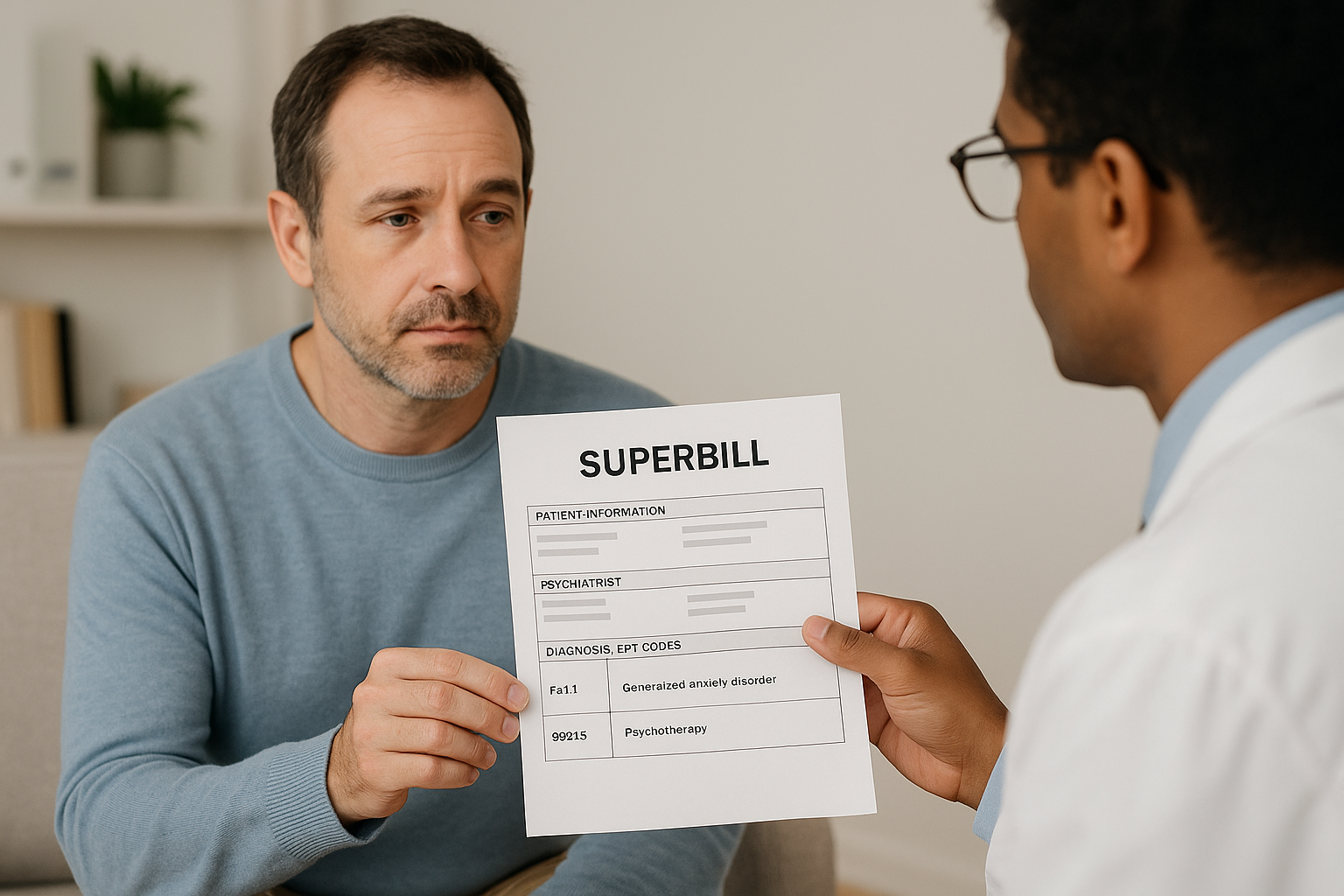Burned Out or Just Tired? How to Tell the Difference
Explore the key differences between daily fatigue and true burnout — and learn how to respond with compassion and recovery.

I can’t tell you how many people walk into my office thinking they’re just tired. They’ll say things like, “Maybe I just need a weekend off,” or “It’s probably because I haven’t been sleeping well.” But once we dig a little deeper, we find that what’s going on isn’t just tiredness — it’s emotional burnout. And it runs deep.
Burnout isn’t laziness or weakness. It’s your mind and body waving the red flag, saying, “I can’t keep up at this pace.” And if you’re feeling like you’ve lost your spark or motivation, you’re not alone.
So What Is Burnout, Really?
Burnout happens when the stress keeps coming, and your resources keep draining. Unlike normal fatigue — the kind you recover from after a good nap or a weekend off — burnout lingers. It’s emotional exhaustion layered with disconnection, cynicism, and even a sense of failure. Many individuals will often attribute this to the “tiredness of work” or tell themselves, “Once I catch up on work, I’ll feel better.”
Rightfully so, this game of trying to accomplish everything and being disattuned with your emotions to increase productivity is essentially a vicious cycle leading to emotional flatlining. This is not healthy or sustainable for you.
Here are some signs that may indicate you’re dealing with burnout, not just regular day-to-day fatigue:
- You wake up tired even after sleeping your regular amount.
- You feel emotionally numb or unmotivated — not just physically tired.
- Even small tasks feel insurmountable.
- You’re more irritable, withdrawn, or checked out from people you love.
- You’ve stopped feeling like “yourself.”
People often try to power through burnout, thinking more effort will help — but what you actually need is to pause, assess, and rebuild from the inside out. Of course, seek professional help and avoid self-diagnosing so that you can get the most appropriate care.
Real Tools for Real Recovery
Here’s the good news: burnout is reversible. But it takes intention. Below are a few of my favorite science-backed methods I often recommend to my clients — and use myself when the tank runs low:
Regulate your Nervous System
Your nervous system is ground zero for burnout. Helping it reset can improve your focus, energy, and mood. One simple way to start is learning how to take deep breaths. Most of us breathe through the chest instead of using our abdomen.
When you inhale, think about pulling air into your lungs and make your belly puff out. Then, when you exhale, push that inflated belly back in. Do this a couple of times and see how you feel.
To make this even more effective, breathe in through your nose only and exhale through your mouth.
Apps like Insight Timer short meditations and breathwork exercises.
Micro-Rest, Not Just Vacations
Don’t wait for a two-week vacation to rest — start with 2–3 minutes between meetings to close your eyes, stretch, or look out the window. Looking at nature — trees, the sky, your surroundings — can help you refocus and give you a moment of stillness.
Boundaries Are Self-Respect
If you keep saying yes to everything, you’re saying no to your own capacity. Honor your needs and learn to say, “I can’t take that on right now,” without guilt. Make each of your decisions intentional.
Therapy That Honors the Body and Mind
Burnout recovery goes deeper than using coping tools. Starting talk therapy and considering integrative approaches like Mindfulness-Based Cognitive Therapy, Mindfulness-Based Stress Reduction, Cognitive Behavioral Therapy, Acceptance and Commitment Therapy, and others are incredibly helpful.
If you're unsure where to start, resources like Psychology Today, Open Path Collective, or Mental Health America can help you find support.
Let Food Be Thy Medicine
During moments of stress, we overlook the basics. Fuel your brain with a balanced diet containing fruits, vegetables, meats, seafood, and nuts. As you create a good routine, incorporate consistent sleep/wake times, no screens before bed, and cool, dark sleep environments.
Connection > Isolation
Burnout convinces you to pull away — but healing often begins in community. Take a moment and make time for your friends and family. See when you can hang out and spend some quality time together. Even if it means one person, reach out to them, share how you’re feeling, and connect.
Joining a support group or a group therapy session, even virtually, is a great alternative to get new perspectives.
If any part of this post resonated, give yourself a moment. Put your phone down. Let yourself feel what you’re feeling. Burnout isn’t a sign that you’re broken — it’s a signal that your needs have been neglected for too long. And this moment is your opportunity to think about real change and create an environment to support your mental health and life goals.
More Articles

How Does Reimbursement Actually Work for Therapy / Psychiatry with Blue Cross Blue Shield in New Jersey?


